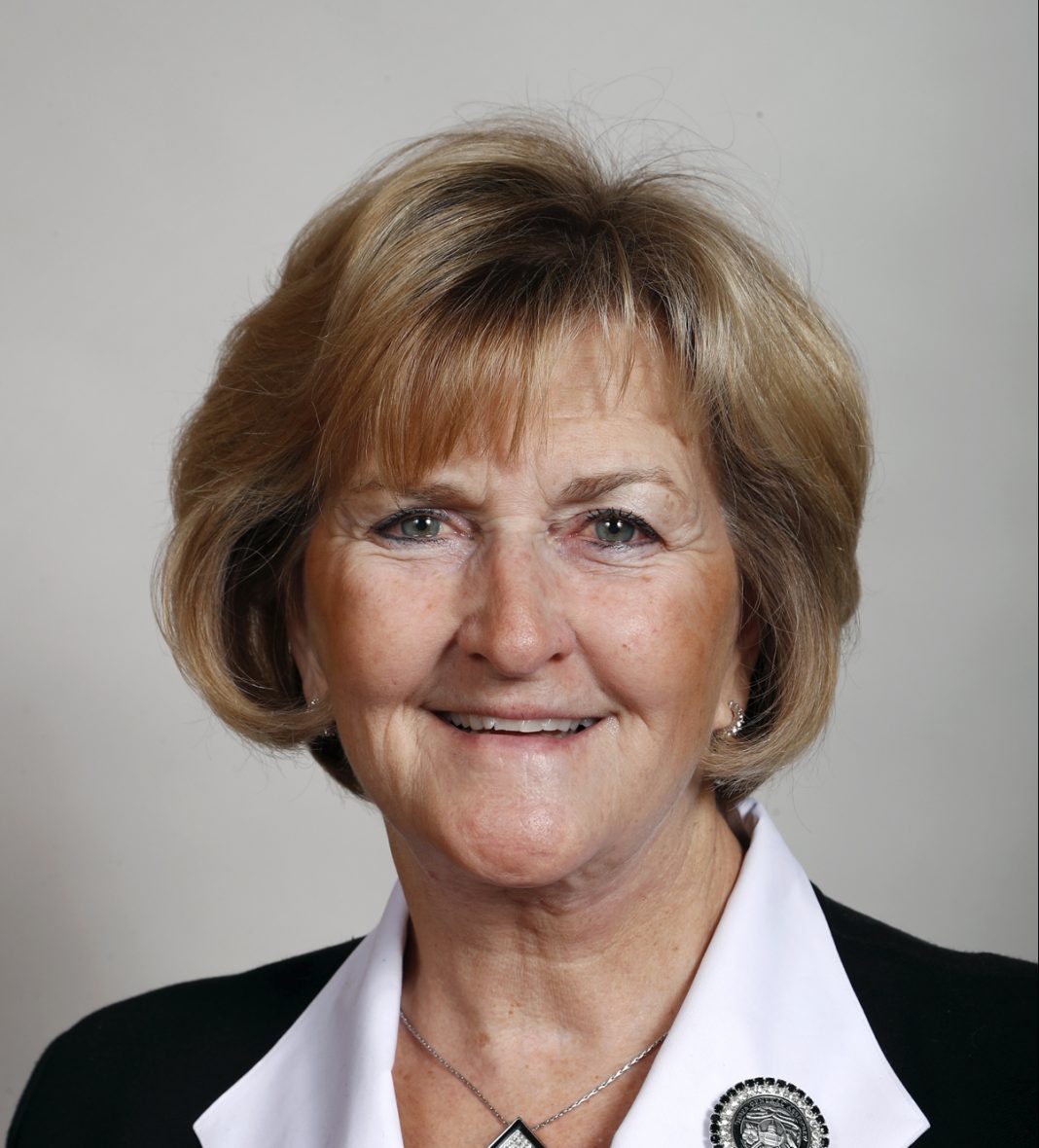When the session began, lawmakers heard from students and educators across the state, exhausted from underfunding and navigating through two-years of pandemic learning. Iowa Democratic lawmakers offered plans to return to Iowa’s deep-rooted history in public education with a $300 million investment in public schools instead of corporations. Democrats also offered ideas to lower class sizes, get more parents involved in their child’s education, and keep good teachers in the classroom.
Instead of working together to strengthen public schools this session, the Governor and Republican lawmakers worked on legislation that will weaken public schools and drive more teachers out of the classroom.
The Governor’s private school voucher plan to divert money from public schools to private schools was the most controversial topic of the legislative session. A majority of Iowans are firmly opposed to vouchers because they believe public money is for public schools. Iowans registered their opposition to the plan all session long and, with Democratic lawmakers united in opposition, the bill did not pass the Iowa House.
Even with a record state surplus, the Governor and Majority Party lawmakers again underfunded public education. Over the last decade, state funding for education hasn’t kept up with rising costs, and next year will be no different. PreK-12 school leaders say low funding will result in higher class sizes, less course offerings, and fewer textbooks and technology upgrades. Higher education did not fare much better, as community colleges and public universities will likely have to raise tuition again next year for Iowa students.
There have been several bills that lawmakers worked together on earlier this session that bring good things to the table for Iowa students and teachers including:
- A new scholarship program through the College Student Aid Commission to help young adults with intellectual disabilities transition to and pay for the college (HF 2495)
- New radon testing and mitigation at Iowa’s school buildings. (HF 2412)
- A program to assess, monitor and track language development for deaf and hard-of-hearing kids (HF 604)
- Keeping students safe while protecting them from bad actors that teach our children by eliminating an age requirement of an abused child under the mandatory reporter law, and requiring the reporting of the identity of a school employee under the mandatory reporters who may have caused injury to a child (HF 2567)

















